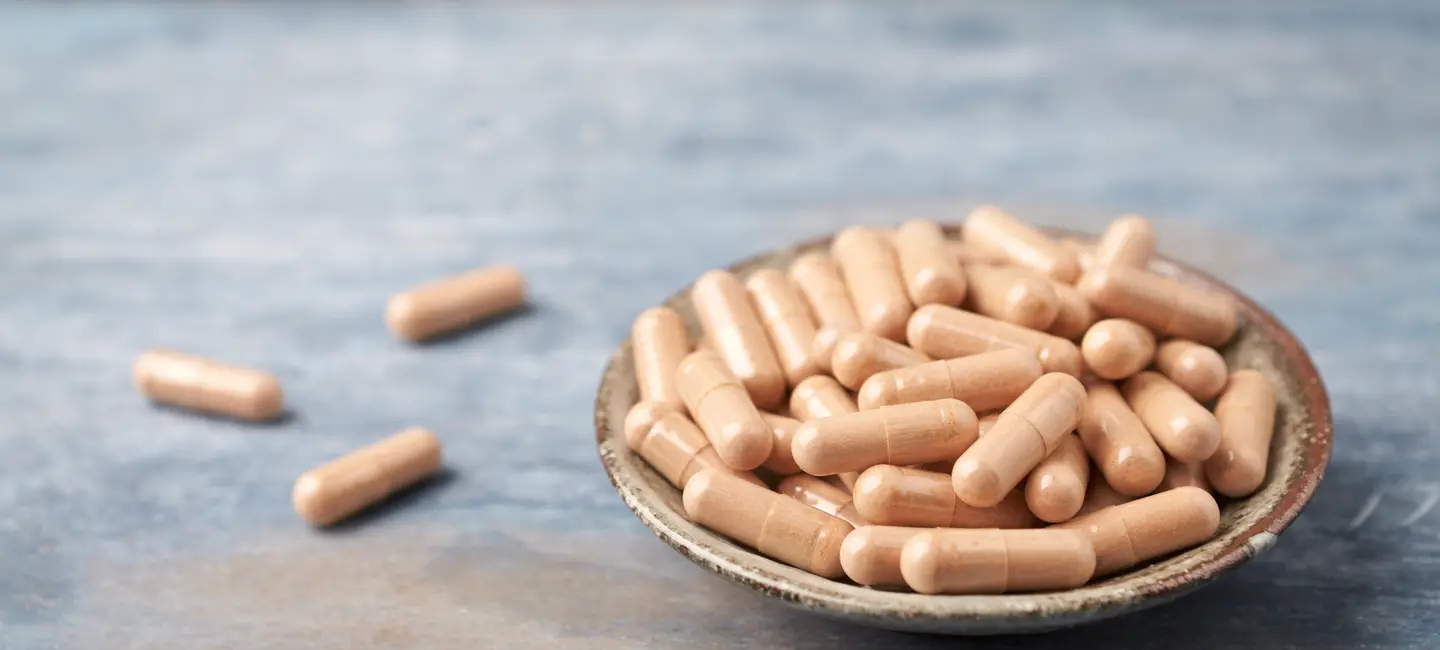
Cat's claw is a vine that grows in the rainforest in South and Central America. The two most common species are Uncaria tomentosa and Uncaria guianensis.
Cat's claw root and bark contain chemicals that might stimulate the immune system, kill cancer cells, and fight viruses.
People use cat's claw for cancer, osteoarthritis, rheumatoid arthritis (RA), viral infections, and other conditions, but there is no good scientific evidence to support any of these uses. There is also no good evidence to support using cat's claw for COVID-19.
Don't confuse cat's claw with cat's foot or devil's claw. These are different plants.
Is It Effective?
There is interest in using cat's claw for a number of purposes, but there isn't enough reliable information to say whether it might be helpful.
Is it Safe?
When taken by mouth: Cat's claw is possibly safe for most people when taken for up to 6 months.
When applied to the skin: There isn't enough reliable information to know if cat's claw is safe or what the side effects might be.
Special Precautions & Warnings:
Pregnancy: Taking cat's claw by mouth is possibly unsafe during pregnancy. Avoid using.
Breast-feeding: There isn't enough reliable information to know if cat's claw is safe to use when breast-feeding. Stay on the safe side and avoid use.
Auto-immune diseases such as multiple sclerosis (MS), lupus (systemic lupus erythematosus, SLE), or other similar conditions: Cat's claw might cause the immune system to become more active. This could increase the symptoms of auto-immune diseases. If you have one of these conditions, it's best to avoid using cat's claw without consulting with your healthcare provider.
Kidney disease: There is a concern that cat's claw might injure the kidneys. Consult with your healthcare provider before using cat's claw.
Parkinson disease: There is a concern that cat's claw might make tremors or movements worse in people with Parkinson disease. Consult with your healthcare provider before using cat's claw.
Surgery: There is a concern that cat's claw might make bleeding control difficult during surgery. Stop taking cat's claw at least 2 weeks before a scheduled surgery.
Medications changed by the liver (Cytochrome P450 3A4 (CYP3A4) substrates)
Interaction Rating=Moderate Be cautious with this combination.
Some medications are changed and broken down by the liver. Cat's claw might change how quickly the liver breaks down these medications. This could change the effects and side effects of these medications.
Medications for high blood pressure (Antihypertensive drugs)
Interaction Rating=Moderate Be cautious with this combination.
Cat's claw might lower blood pressure. Taking cat's claw along with medications that lower blood pressure might cause blood pressure to go too low. Monitor your blood pressure closely.
Medications for high blood pressure (Calcium channel blockers)
Interaction Rating=Moderate Be cautious with this combination.
Cat's claw might lower blood pressure. Taking cat's claw along with medications that lower blood pressure might cause blood pressure to go too low. Monitor your blood pressure closely.
Medications that decrease the immune system (Immunosuppressants)
Interaction Rating=Moderate Be cautious with this combination.
Cat's claw can increase the activity of the immune system. Some medications, such as those used after a transplant, decrease the activity of the immune system. Taking cat's claw along with these medications might decrease the effects of these medications.
Medications that slow blood clotting (Anticoagulant / Antiplatelet drugs)
Interaction Rating=Moderate Be cautious with this combination.
Cat's claw might slow blood clotting. Taking cat's claw along with medications that also slow blood clotting might increase the risk of bruising and bleeding.
Herbs and supplements that might lower blood pressure: Cat's claw might lower blood pressure. Taking it with other supplements that have the same effect might cause blood pressure to drop too much. Examples of supplements with this effect include andrographis, casein peptides, L-arginine, niacin, and stinging nettle.
Herbs and supplements that might slow blood clotting: Cat's claw might slow blood clotting and increase the risk of bleeding. Taking it with other supplements with similar effects might increase the risk of bleeding in some people. Examples of supplements with this effect include garlic, ginger, ginkgo, nattokinase, and Panax ginseng.
There are no known interactions with foods.
Cat's claw has most often been used by adults in doses of 60-300 mg by mouth daily for 8-24 weeks. Cat's claw extract is also used in gels and sprays. Speak with a healthcare provider to find out what type of product and dose might be best for a specific condition.
Griffe du Chat, Hawk's Claw, Liane du Pérou, Life-giving Vine of Peru, Peruvian Liana, Samento, Uña de Gato, Uncaria guianensis, Uncaria tomentosa.
Information on this website is for informational use only and is not intended to replace professional medical advice, diagnosis, or treatment. While evidence-based, it is not guaranteed to be error-free and is not intended to meet any particular user’s needs or requirements or to cover all possible uses, safety concerns, interactions, outcomes, or adverse effects. Always check with your doctor or other medical professional before making healthcare decisions (including taking any medication) and do not delay or disregard seeking medical advice or treatment based on any information displayed on this website.
© TRC Healthcare 2024. All rights reserved. Use and/or distribution is permitted only pursuant to a valid license or other permission from TRC Healthcare.
